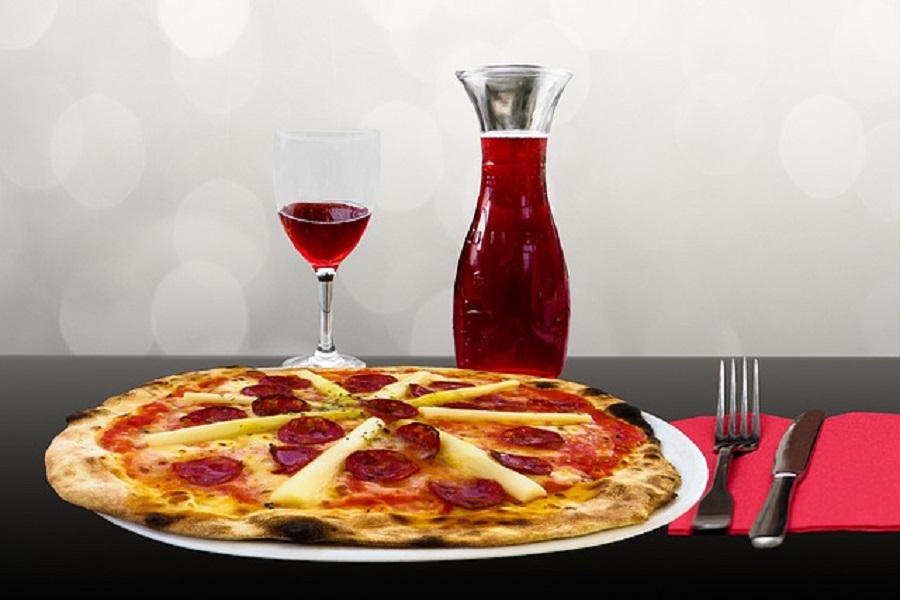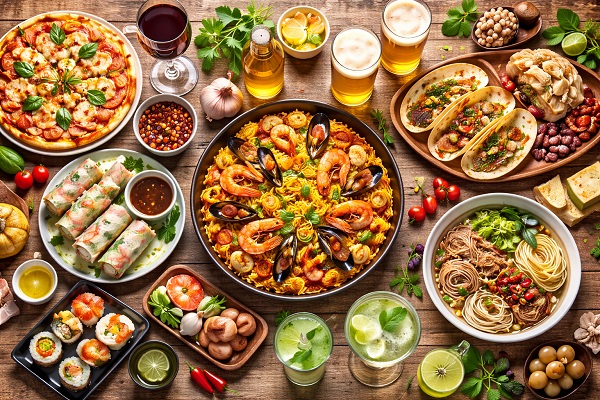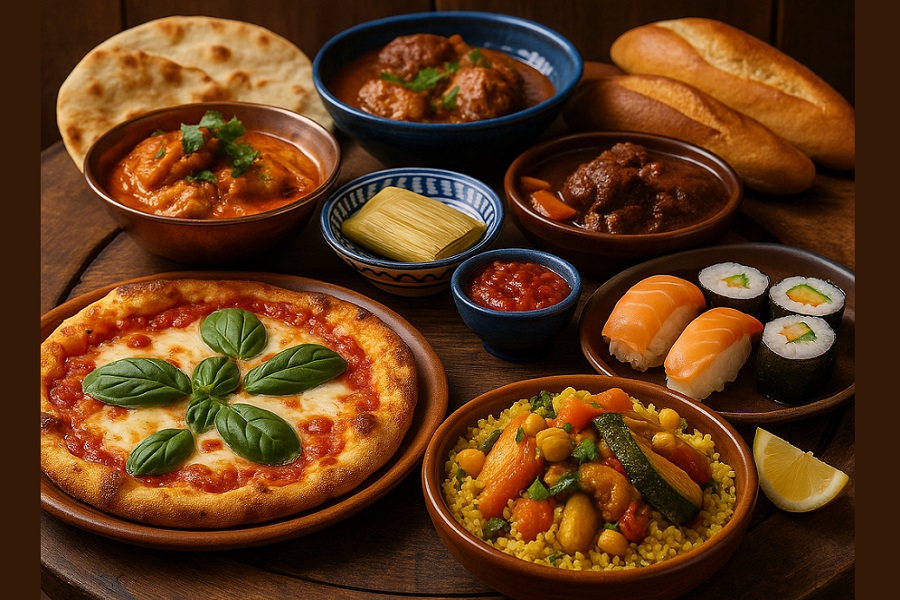Food and Beverages Tourism: Exploring the World Through Taste

Food and beverages are more than just necessities—they are cultural experiences, traditions, and expressions of identity. This makes food and beverages tourism one of the most exciting and fastest-growing segments of travel. Travelers are no longer satisfied with just sightseeing; they want to taste the world. From a slice of authentic Italian pizza to sipping refreshing local drinks, culinary journeys create unforgettable memories.
What is Food and Beverages Tourism?
Food and beverages tourism, also called culinary tourism, focuses on exploring destinations through their local cuisine, beverages, and dining traditions. It involves tasting traditional dishes, learning about cooking methods, and enjoying the atmosphere of local cafes, restaurants, and street markets.
Why Pizza and Drinks Represent Food Tourism Perfectly
Pizza – Originally from Italy, pizza has become a global symbol of comfort food. Enjoying Neapolitan pizza in Naples or a wood-fired slice in New York is more than eating—it’s about experiencing culture.
Drinks – Beverages like Italian wine, Belgian beer, Indian chai, or tropical cocktails reveal local traditions and social customs. Pairing a good drink with food enhances the overall culinary journey.
Popular Destinations for Food & Beverages Tourism
Italy – Famous for pizza, pasta, espresso, and world-class wines.
France – Renowned for gourmet food, pastries, and fine wines.
Japan – Offers sushi, ramen, sake, and tea ceremonies.
Mexico – Known for tacos, tequila, and vibrant street food.
India – A paradise of spices, curries, chaats, and traditional drinks like lassi and masala chai.
Activities in Food & Beverages Tourism
Food Tours – Exploring street food and hidden local gems.
Cooking Classes – Learning traditional recipes with local chefs.
Winery & Brewery Visits – Tasting wines, beers, or craft drinks at the source.
Farm-to-Table Dining – Experiencing organic and fresh local produce.
Festival Participation – Joining events like pizza festivals, beer festivals, or tea fairs.
Benefits of Culinary Tourism
Cultural Connection – Food is the gateway to understanding people’s way of life.
Memorable Experiences – Tasting unique flavors that stay in memory long after the trip.
Supports Local Economy – Dining at local restaurants helps small businesses thrive.
Personal Enrichment – Travelers learn new cooking skills and expand their palate.
























